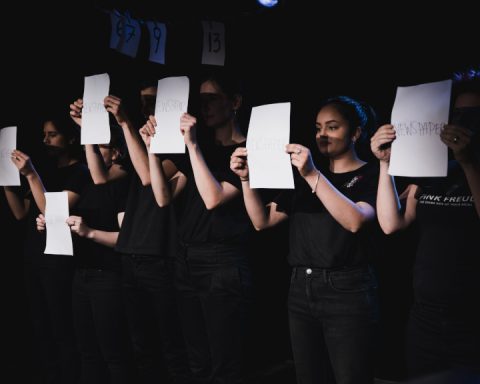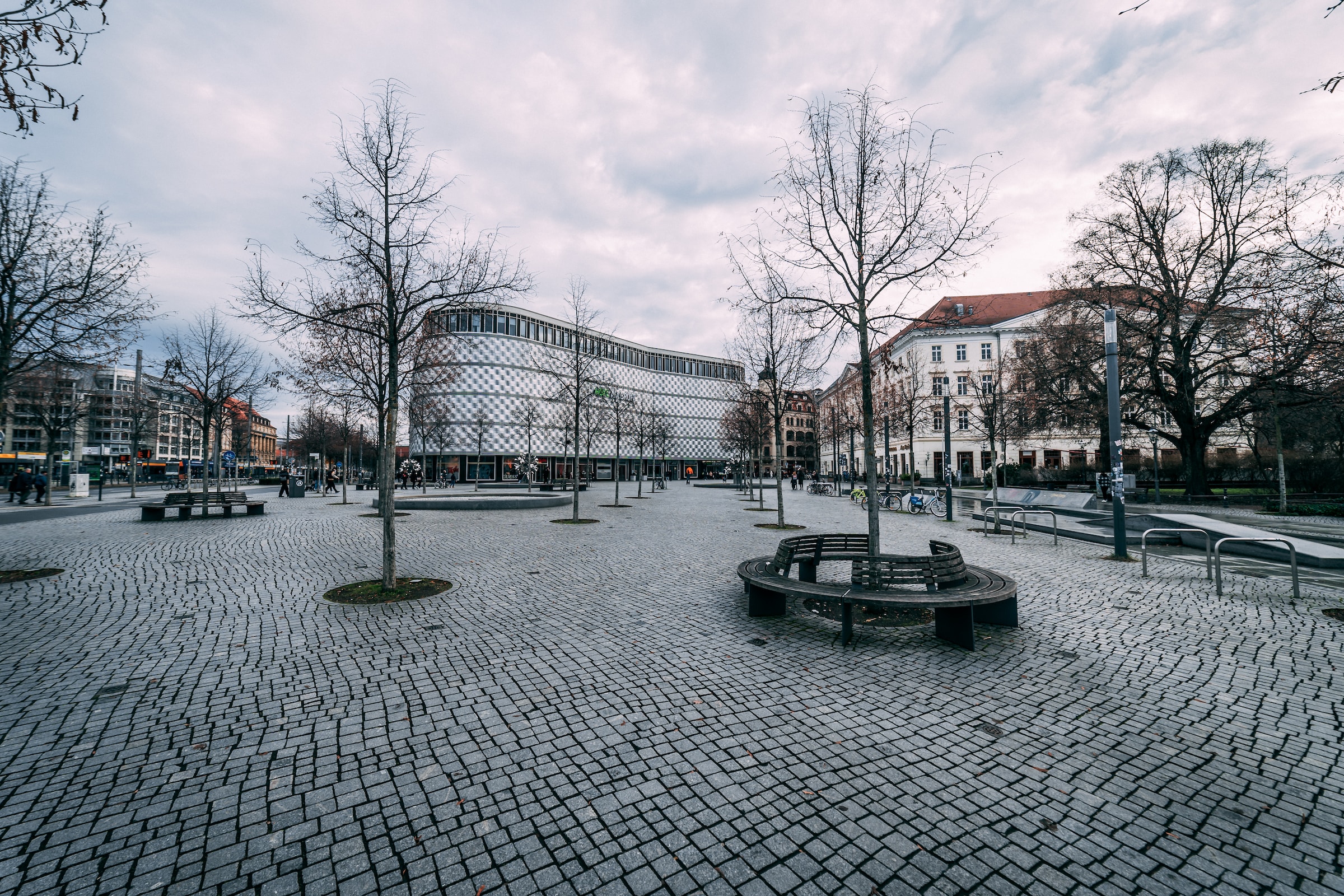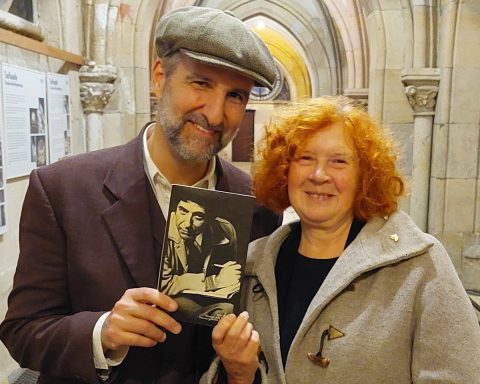What an irony! Leipzig’s Neues Schauspiel Theatre survived the coronavirus pandemic and the economic highs and lows of the last thirteen years.
But now the Lindenau theatre faces closure because of rising costs.
A petition is underway, asking the city council to support the little theatre with institutional funding. Citing the city’s international reputation for creativity and alternative artistic innovation, the petition calls on Oberbürgermeister Burkhard Jung (Social Democratic Party) to step up and support the theatre during this financial crisis. As of publication time on 19 December, the petition has 3,202 signatures of the 3,300 needed. Neues Schauspiel is also fundraising on their website, and hoping that 5,000 “cultural rescuers” donate just €5 a year.
Tucked away behind Lindenau’s Lützner Straße and cohabiting with the Tante Manfred bar and beer garden, the little theatre does not have a high profile. But Neue Schauspiel’s Instagram page reveals the rich variety of its music, comedy and theatre acts.
Could someone iron the tinsel, please?
Neues Schauspiel is home to the English Theatre Leipzig, currently performing Could someone iron the tinsel, please? The small theatre company works with language schools to promote learning through theatre and has tackled such ambitious works as Cyrano de Bergerac, Closer and Eurydice, as well as devised pieces and wacky comedies such as the current Tinsel production.
The play revolves around the old tradition of setting an extra place at the Christmas dinner table in case an unexpected guest turns up, or someone who finds themselves alone at Christmas and in need of some company and good cheer. It seems like a very Christian thing to do—especially appropriate at the time when families come together to celebrate the birth of Jesus Christ.
Oh, but this is not a very Christian household. This family is constantly bickering over the petty details of how the home should be decorated, how the meal should be prepared and how the relationships in this dysfunctional collection of relatives play out their envy, rage, revenge and disappointment. The granny is pretending to be demented, intent on ironing the tinsel but somehow always getting distracted. A good thing too, because ironing tinsel on stage would surely bring the Neues Schauspiel Theatre to a definite and premature end by setting fire to the set . . .
There’s also the smarmy brother-in-law hoping to replace his absent brother in his wife’s affections, the downtrodden daughter and the martyred mother, slaving over a hot stove to produce an epic dinner which they all gobble up in a revolting display of greed.
All except the uninvited stranger, that is . . .
Now I’m not going to spoil the surprise by even hinting at the real identity of this surprise guest. It’s suffice to say that the guest is horrified at these typically English traditions. They quickly find out the real motivations behind each family member’s participation in the rituals. They express horror at the regular drinking bouts that punctuate the conversation whenever someone touches on a sore point, with everyone stopping in their tracks and lifting a glass to toast the Christmas tree. And they try to impart something of the real joy and wonder of the religious holiday.
Needless to say, they get what’s coming to them—as any interfering killjoy must who dares to challenge the way that this family has always “done Christmas.” It’s not pretty; it’s a parable.
The English Theatre Leipzig put on a theatrical feast with this play and a full house rewarded them with warm and long applause.
It seems scarcely credible that a theatre could put on such a successful production and yet still face the threat of imminent closure.








![Wine & Paint event on 9 Nov. 2024 at Felix Restaurant, Leipzig. Photo: Florian Reime (@reime.visuals] / Wine & Paint Leipzig](https://leipglo.com/wp-content/uploads/2024/12/pixelcut-export-e1733056018933-480x384.jpeg)

